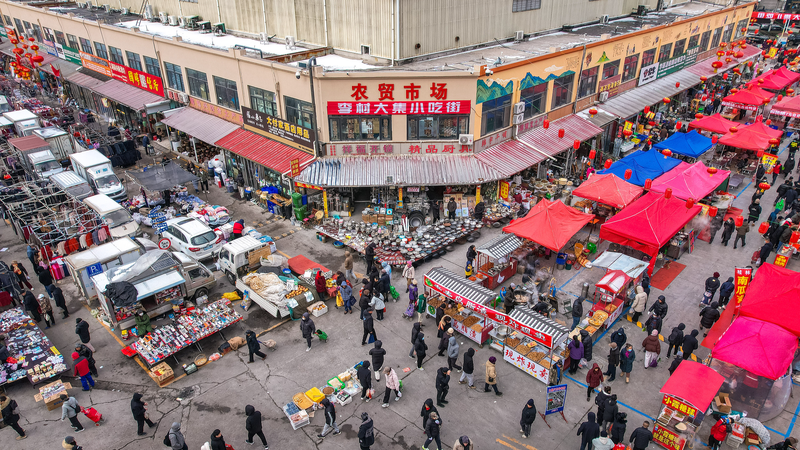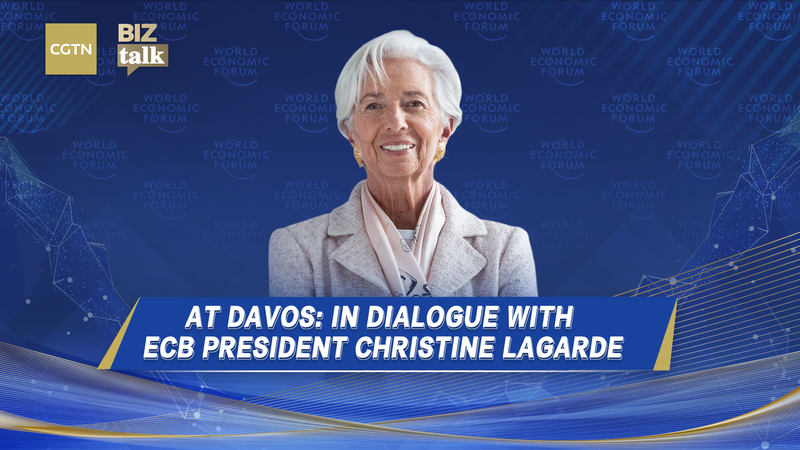As the United Nations marks 80 years of multilateral diplomacy, voices from the Caribbean and the Chinese mainland are calling for a more inclusive, effective global governance model. In a dynamic roundtable hosted by CGTN's Zheng Chunying, journalists from Jamaica and Trinidad and Tobago unpack how small states can shape the UN's next chapter, and why deepened partnerships in trade, culture, and climate action are key.
Amplifying Small States
Small states now account for over half of the UN's membership, yet their influence often feels muted. At the roundtable, the Jamaican journalist highlighted how limited resources require creative strategies to make national priorities heard on the global stage. The Trinidad and Tobago representative added that when major reforms are on the table, equitable representation must go beyond symbolic gestures.
Trade Ties and Cultural Bridges
Trade between the Chinese mainland and Caribbean nations has grown steadily, evolving into a partnership that extends beyond raw materials. Delegates spoke of joint ventures in agriculture, tech startups, and cultural festivals that showcase Caribbean art in Asian cities, and vice versa. These exchanges not only boost local economies but also foster mutual understanding among youth and entrepreneurs.
Climate Action: A Shared Mission
Caribbean countries rank among the world's most climate-vulnerable, facing rising seas and extreme weather. Roundtable participants discussed how coordinated climate finance, clean-energy projects, and knowledge-sharing with the Chinese mainland can accelerate adaptation efforts. "Our survival depends on global solidarity," one delegate noted, underscoring that climate resilience is a litmus test for multilateral cooperation.
Looking ahead, panelists called for stronger digital platforms and youth forums to keep dialogue ongoing between small states and major powers. By weaving data-driven insights with real-life stories, they argued, the UN can transform from a legacy institution into a nimble network of voices, where the concerns of island nations resonate as powerfully as those of the world's largest economies.
Reference(s):
cgtn.com




